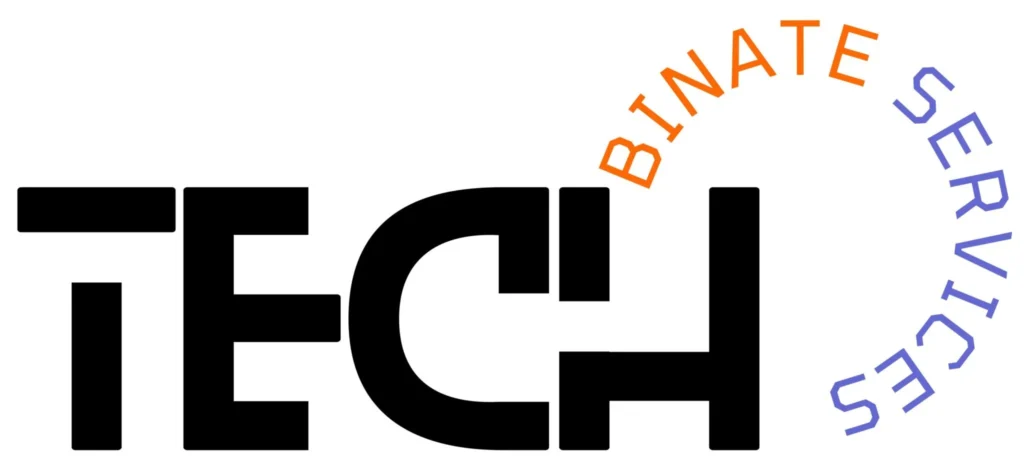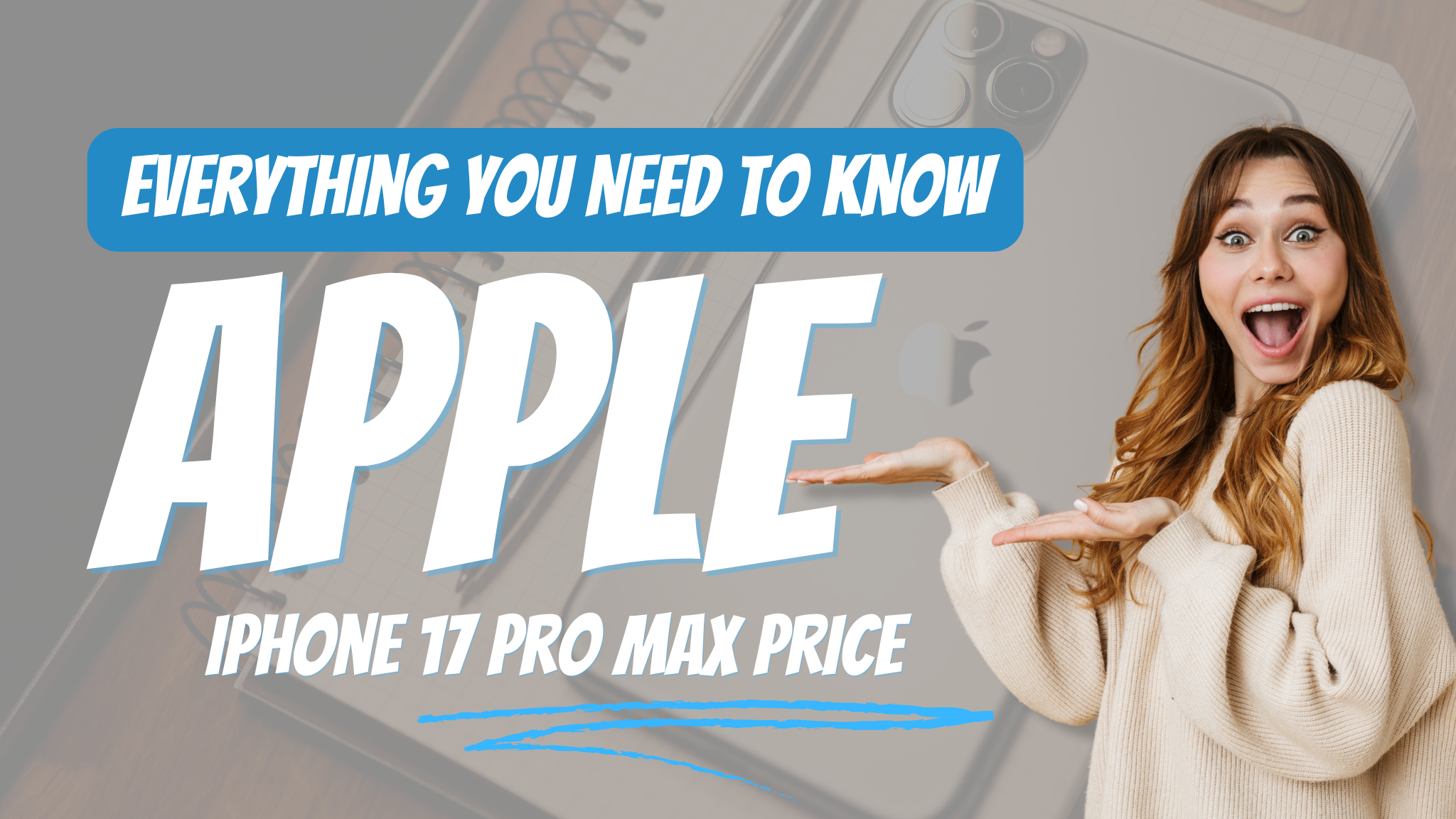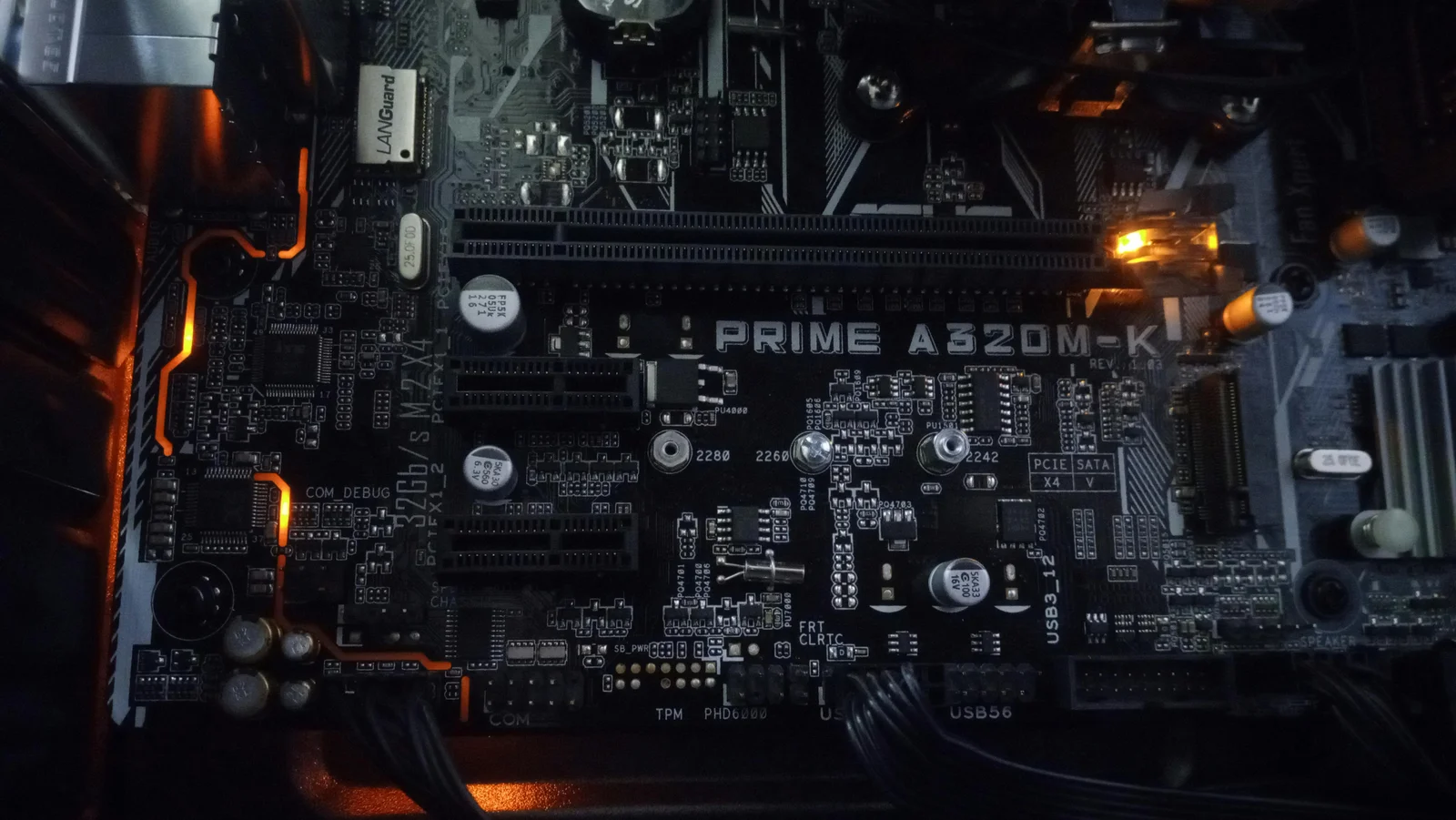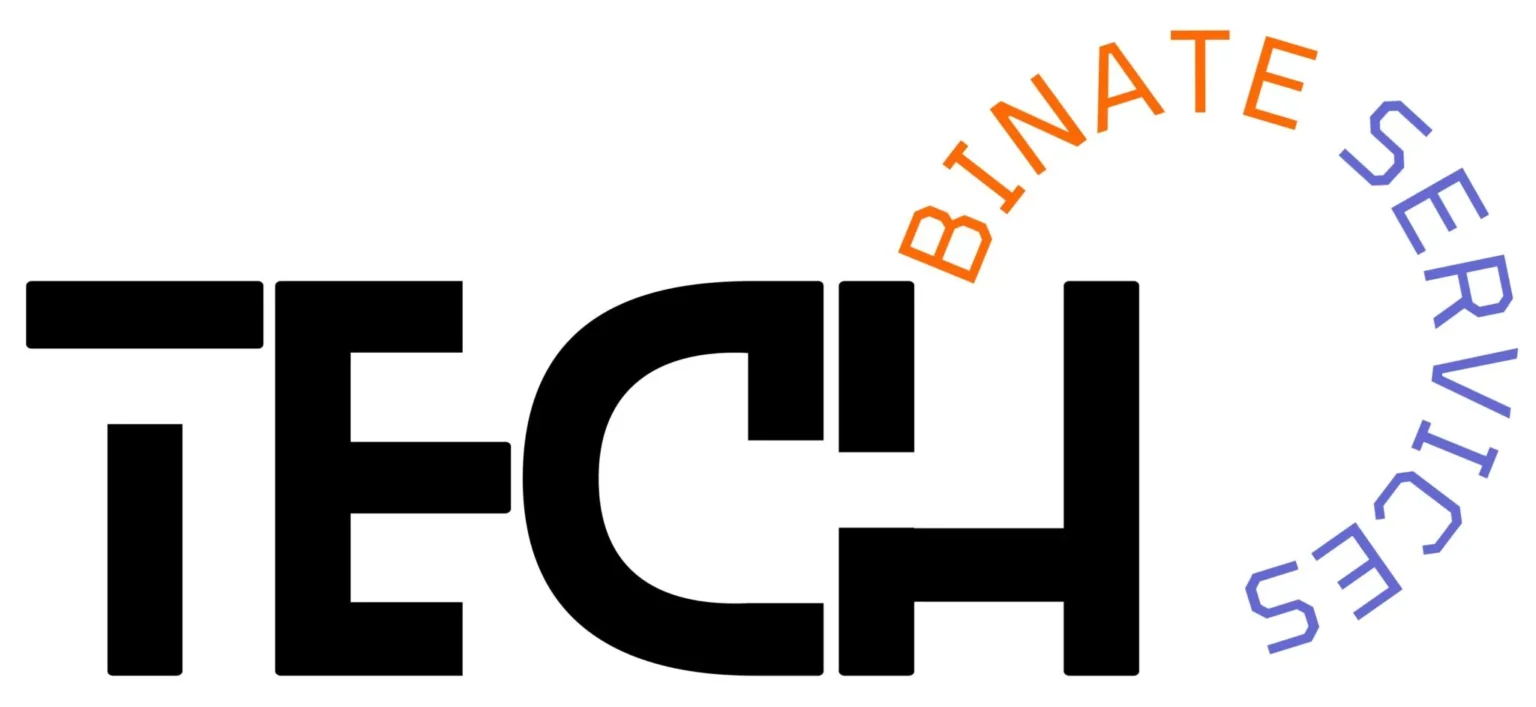Okay, so check this out—I’ve been digging into how browser extensions handle transaction approvals on the Solana blockchain, and honestly, it’s a mixed bag. You’d think approving a transaction would be straightforward, right? Like clicking “yes” or “no” and moving on. But nope. There’s a whole dance behind the scenes that often feels opaque and kinda nerve-wracking.
At first glance, the integration between your wallet extension and the browser seems seamless. But when you dig deeper, you notice how these approvals are not just about permission; they’re about trust, security, and timing. My gut said something felt off about how some extensions surface these approval requests—like they’re either too verbose or too cryptic. You want to be informed, but not overwhelmed.
Really? Yeah, because with Solana’s ecosystem expanding fast, especially in DeFi, the stakes are higher. Users aren’t just signing simple transfers anymore—they’re interacting with smart contracts that can lock, stake, or swap assets. That means every approval request carries a lot more weight. Initially, I thought all wallets handled this uniformly, but nope, turns out there’s a wild diversity in UX and security approaches.
Here’s the thing: on one hand, you want a wallet that makes transaction approval super user-friendly, almost like a no-brainer. Though actually, the complexity under the hood means there’s a tension between simplicity and giving users enough info to make smart decisions. And that’s where browser integration really matters—it frames how much control and clarity you get in that crucial moment before hitting “approve.”
Hmm… and if you’re like me, you probably don’t want to read through a wall of technical jargon every time. But you do want to know if you’re about to approve a contract that could drain your funds or do somethin’ sneaky. So how do wallets balance this?
One popular player in the Solana wallet space is Phantom. It’s like the go-to for many browser users wanting a slick way to manage their Solana assets and DeFi activities. What’s neat about Phantom is how it integrates within your browser, popping up transaction prompts that try to break down what you’re approving.
But even Phantom’s approach isn’t perfect. Sometimes, the approval pop-ups feel rushed or don’t clearly highlight the risks involved. I remember one time approving a staking contract and only afterward realizing that the contract had some unusual permissions granted. It’s a classic case of good intentions meeting real-world user behavior—people just want to move fast and might gloss over details.
Seriously, this is where browser integration can either help or hurt trust. A well-designed extension should give you the right info at the right time—neither too much nor too little. And, of course, it should be stable and responsive, so you’re not stuck waiting on a frozen popup wondering if your transaction went through.
Initially, I thought all these wallets used the same approval flow, but after testing a few, I realized how much variance there is. Some extensions offer granular controls—letting you inspect transaction details deeply—while others keep it super simple, maybe oversimplifying at the expense of security.
This makes me wonder: are we asking too much from users by expecting them to be both savvy and quick? Or should the wallets themselves do more heavy lifting in translating complex Solana DeFi transactions into plain English?

Digging Into the Technical Dance Behind Transaction Approvals
Okay, here’s a nerdy bit—transaction approval isn’t just a UI thing. Underneath, the browser extension communicates with Solana nodes and smart contract programs, translating your click into a signed cryptographic transaction broadcast to the network. This requires tight browser integration, where the extension hooks into the page’s JavaScript context to intercept and manage requests, which sometimes leads to race conditions or delays.
Something I found fascinating is how the approval flow is deeply tied to the Solana runtime’s parallel transaction processing. Unlike Ethereum’s linear chain, Solana can process many transactions at once, which means your approval might impact other ongoing transactions in subtle ways. This makes it even more important for the wallet UI to convey timing and state info clearly, but often it doesn’t.
Oh, and by the way, not all browser extensions are created equal in this respect. Some rely on outdated APIs or don’t handle network errors gracefully, leading to confusing states where you think you approved something but the transaction actually failed or got stuck. This bugs me because it wastes time and can lead to costly mistakes.
Phantom’s browser extension, for instance, has come a long way, offering features like transaction history and conflict warnings, which are very very important for heavy DeFi users. But even then, there are edge cases where the UI doesn’t catch subtle permission escalations.
Here’s a quick tip—if you want to get a feel for how smooth the approval process can be, check out Phantom’s extension here. It’s one of the better tools out there for US-based users looking to dive into Solana DeFi with a browser wallet that’s fairly intuitive.
Still, I can’t help but think the industry has room to grow. For instance, what about better visual cues for risk? Or more contextual help embedded right in the approval popup? These aren’t trivial because overloading the user kills adoption, but under-informing leaves them vulnerable.
Honestly, my instinct says the next wave of wallet extensions will have to get smarter—maybe using AI or heuristic analysis to flag suspicious transactions automatically. Something felt off about some DeFi apps I tested recently because they pushed approvals that were technically valid but potentially harmful.
On the flip side, I get that Solana’s ecosystem is still evolving, and wallet devs are juggling usability, security, and performance. No easy answers. But this also means users have to stay alert and not just blindly trust that a “checkmark” means safe.
What This Means for Everyday Browser Users in Solana DeFi
If you’re using a browser extension wallet on Solana—especially for DeFi—you’re in the wild west a bit. Transaction approval isn’t just about clicking “yes.” It’s a mini trust exercise every time. You bring your skepticism, your intuition, and sometimes a little luck.
Something that trips people up is the sheer variety of transaction types—staking, swapping, liquidity pooling—all with different risk profiles. Approving one is not like approving another. But many wallets lump these together in the same basic prompt, which can lull users into a false sense of security.
Personally, I recommend spending a few minutes getting familiar with how your chosen wallet handles approvals. Phantom’s extension, linked here, is a solid starting point. It’s got a good balance of usability and transparency, at least compared to some others I’ve tested.
Also, don’t ignore the little details—things like checking the destination address carefully, the amount, and any unusual permissions requested. The more you know, the less you’ll get burned. It’s annoying, I know, but that’s the reality today.
And yeah, the whole process can feel a bit clunky or even scary—because sometimes it is! But with better browser integrations and wallets improving their UX, I’m hopeful this will get smoother. Until then, keep your eyes peeled and trust your gut when something smells fishy.
FAQ: Navigating Transaction Approval in Solana Browser Wallets
Why do some transaction approvals feel confusing?
Great question. It’s often because the wallet extension is trying to balance showing enough detail to keep you safe without overwhelming you. Plus, Solana’s DeFi transactions can be complex, so simplifying them without losing crucial info is a tough design challenge.
Are all browser extensions for Solana equally secure?
Definitely not. Security varies widely depending on the extension’s development quality, how it handles cryptographic keys, and how transparent it is about transaction details. Phantom is usually recommended for its strong security and usability, but always do your own research.
How can I improve safety when approving transactions?
Always double-check transaction details, stick to reputable wallets like Phantom (you can find their extension here), and avoid approving transactions from unknown or suspicious DeFi apps. Patience is your best friend here.










